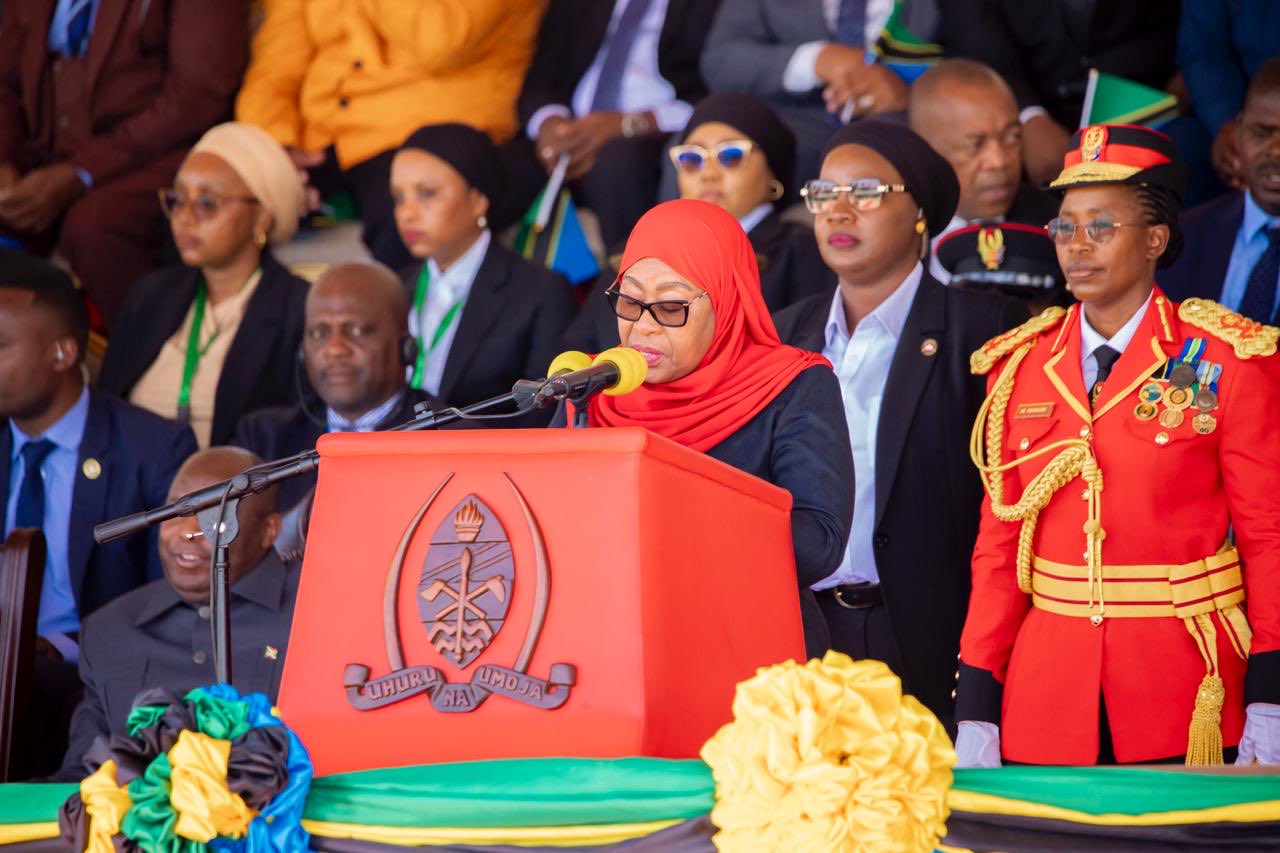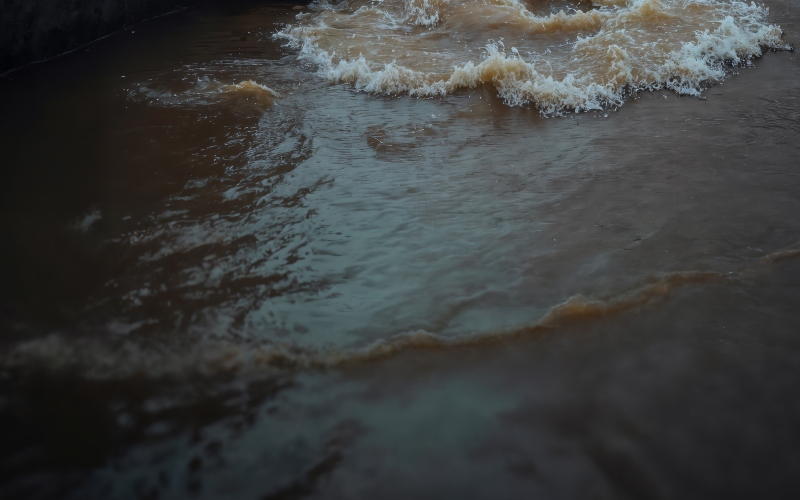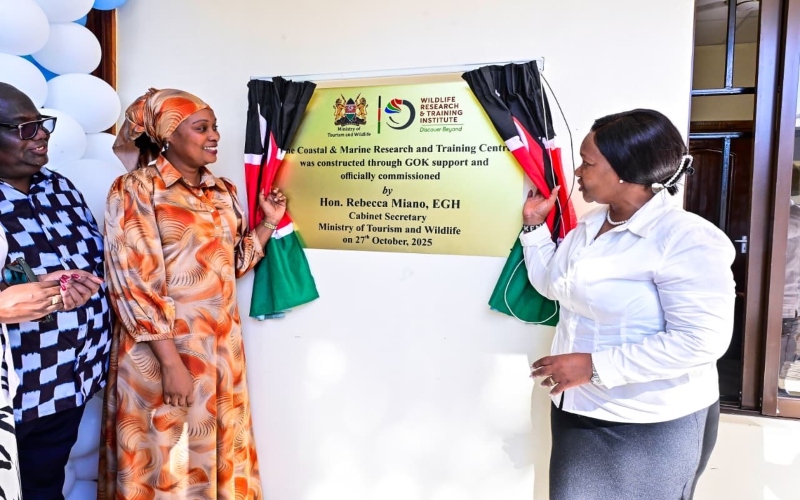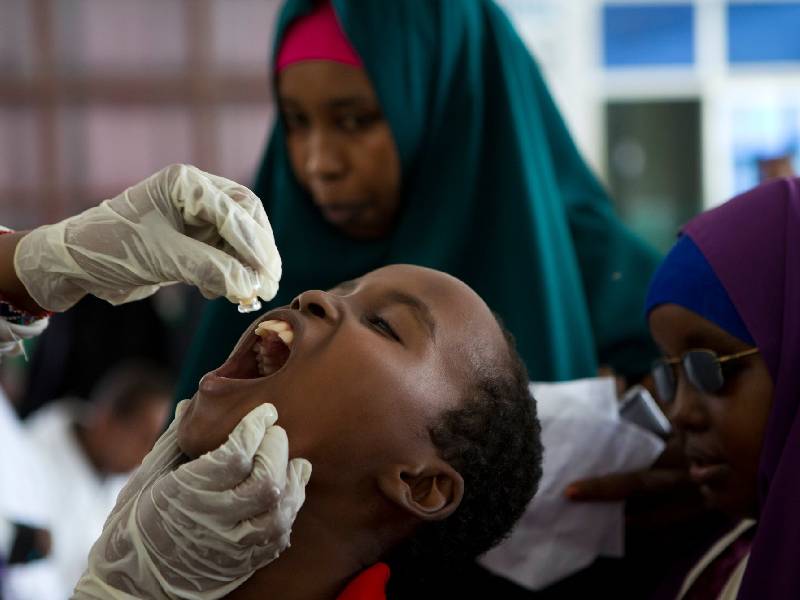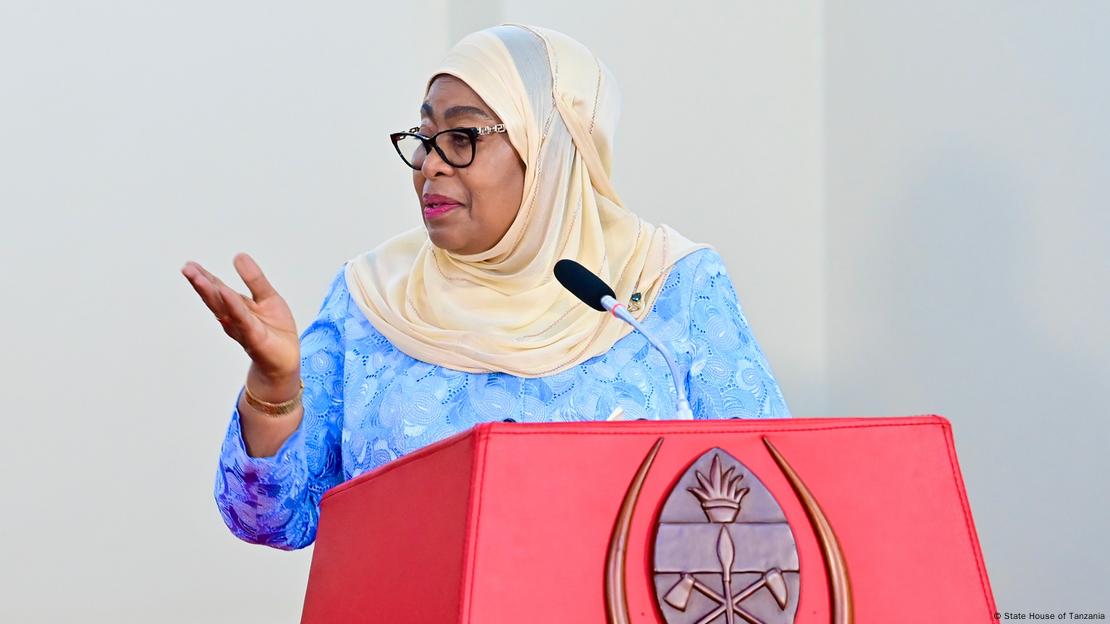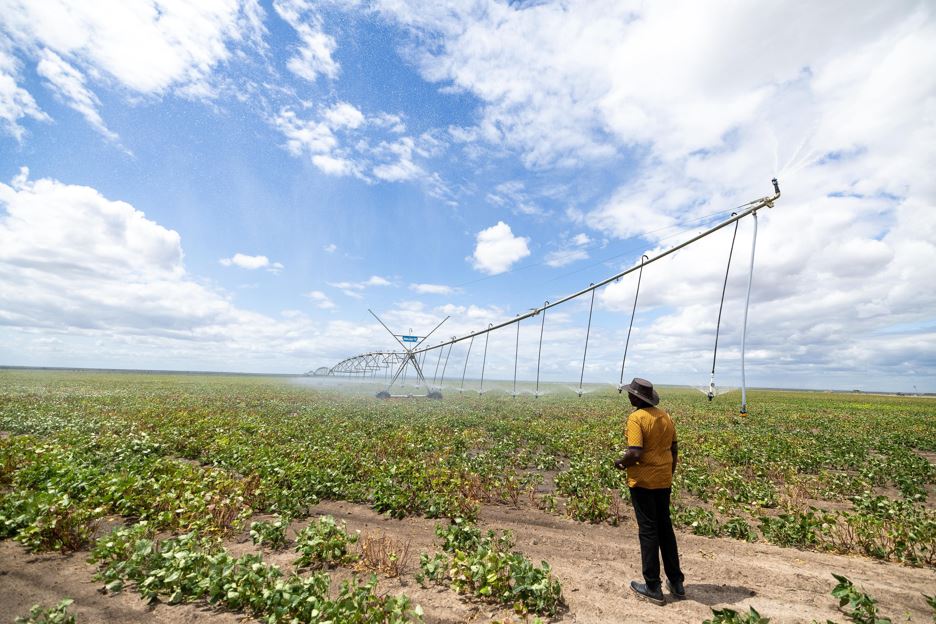Over 200 warthogs poisoned at Muqder in Wajir County in shocking wildlife tragedy
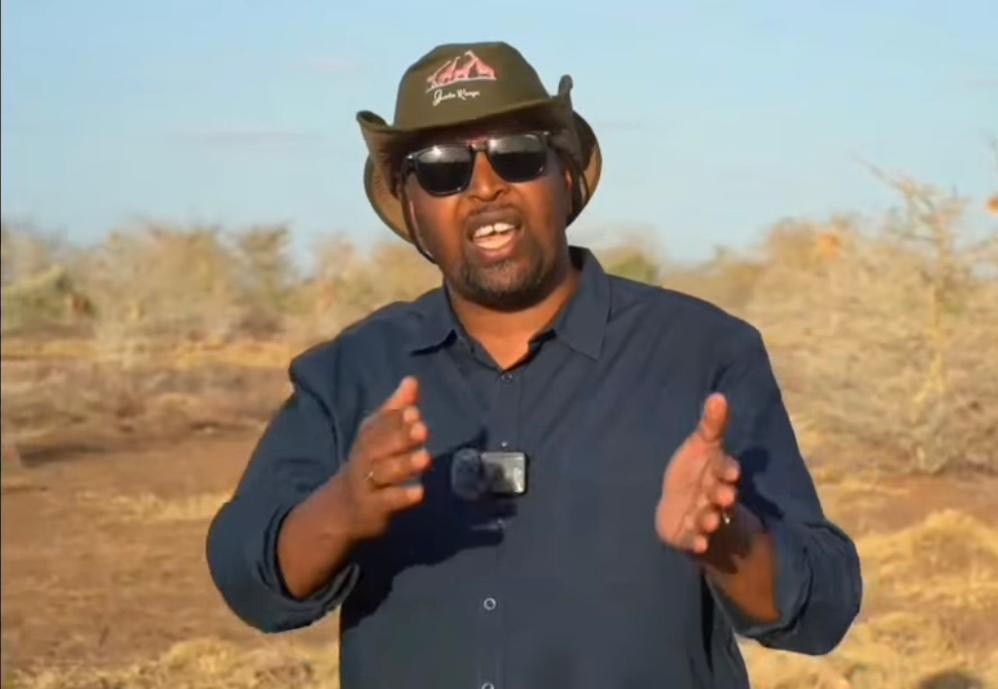
He emphasised that the slaughter violated Islamic values and Kenyan conservation laws, both of which advocate compassion and the protection of all living creatures.
A wave of outrage has swept through conservation circles following the mass poisoning of more than 200 warthogs by pastoralist communities in Muqder, Wajir County — a horrifying act reportedly triggered by a dispute over access to scarce water resources during a prolonged dry spell.
The Kenya Wildlife Service (KWS) and local conservancies have strongly condemned the incident, describing it as reckless, inhumane, and contrary to both religious and legal principles.
More To Read
- KWS rolls out new ‘KWSPay’ system for seamless park payments
- Government gazettes transfer of Amboseli National Park management to Kajiado County
- KWS rescues cheetah cub raised by woman in Garissa
- Gov't to review police entry grades in marginal areas, says CS Murkomen
- Ganze residents in Kilifi live in fear as elephant attacks escalate
- Court halts implementation of KWS' park entry fee hike
Wajir KWS Senior Warden Jamaal Abdirashid denounced the killings, warning that such actions would not be tolerated.
“Warthogs pose no danger to people or livestock. These are simply thirsty animals, victims of a prolonged dry spell, seeking a share of the dwindling water resources,” Jamaal said.
He emphasised that the slaughter violated Islamic values and Kenyan conservation laws, both of which advocate compassion and the protection of all living creatures.
“We urge local communities to avoid such cruel methods. Our surveillance team and community scouts are investigating the incident, and anyone found culpable will face the full force of the law,” he added.
KWS further appealed to pastoralists to report human-wildlife conflicts to the authorities rather than take lethal action.
“Dialogue and co-operation have solved many such conflicts in the past. The Muqder case is deeply regrettable,” he stated.
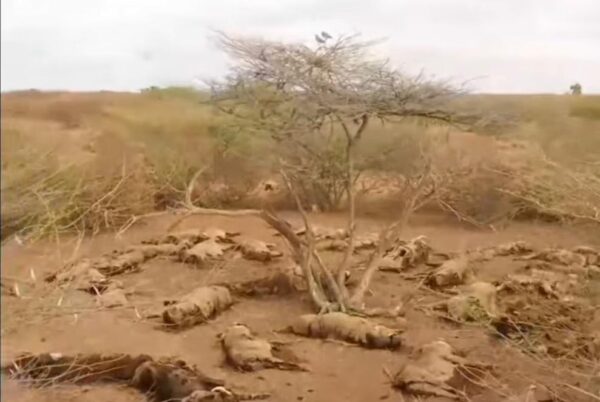 Over 200 warthogs poisoned at Muqder in Wajir County in a shocking wildlife tragedy. (Photo: Issa Hussein)
Over 200 warthogs poisoned at Muqder in Wajir County in a shocking wildlife tragedy. (Photo: Issa Hussein)
Sharmarke Mohamed, CEO of the North Eastern Conservancies Association, echoed the condemnation after visiting the site, where dozens of warthog carcasses lay scattered near the Muqder borehole — a grim scene of environmental destruction.
“This act reflects a total disregard for Islamic teachings and the sanctity of life. Wildlife, too, suffers from the same drought affecting our people and livestock. They deserve empathy, not poison,” Sharmarke said.
He urged local religious leaders to step in and educate the community about the ethical and ecological consequences of such actions.
“We must foster coexistence with wildlife to maintain ecological balance. Poisoning animals is not only morally wrong but also threatens the delicate ecosystem of the region,” he added.
Sharmarke called for broader stakeholder involvement, including conservationists, religious leaders, and government agencies, to raise awareness and promote peaceful, sustainable ways of resolving human–wildlife conflict.
The tragic incident serves as a stark reminder of the escalating pressure on natural resources in drought-stricken regions and the dire consequences of resorting to violence instead of collaboration.
Mohamed Osman, a resident of Muqder, told the Eastleigh Voice by phone that the local community had been provoked by the large number of warthogs jostling for water at the borehole, competing with livestock over the scarce resource.
“In this economic hardship and dry spell, pastoralists are compelled to buy fuel to pump water for their animals. Then here comes a group of thirsty warthogs jostling for water, leading the pastoralist community to opt for a lethal option,” he said.
He, however, condemned the incident and called for peaceful coexistence with the wildlife sharing the same habitat with pastoralist communities.
Top Stories Today
